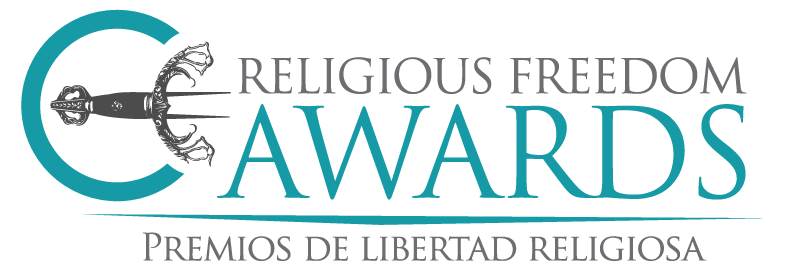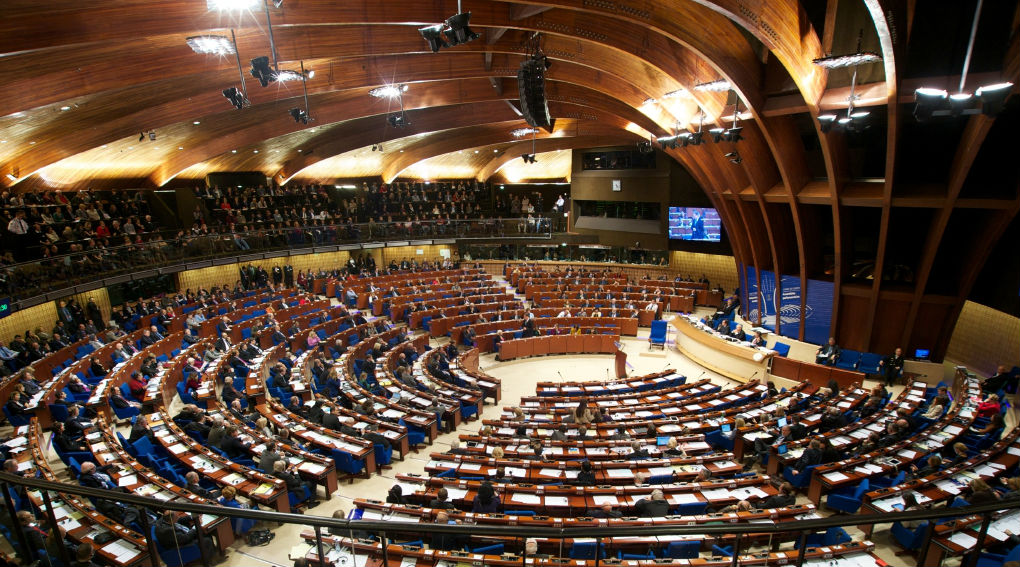Next April 27th, 2017 the PACE of the Council of Europe a motion to protect the rights of parents and children belonging to religious minorities.
The PACE Committee on Equality and Non-Discrimination today called on all Council of Europe member states to protect the rights of parents and children belonging to religious minorities by taking practical steps, legislative or otherwise, to “affirm the right to freedom of thought, conscience and religion for all individuals”.
 In adopting a draft resolution based on the report by Valeriu Ghiletchi (Republic of Moldova), the members underlined their commitment to protecting the fundamental rights enshrined in the European Convention on Human Rights, in particular the right to freedom of thought, conscience and religion under Article 9, and the right of parents to provide their children with education in conformity with their own religious and philosophical convictions under Article 2 of Protocol No. 1.
In adopting a draft resolution based on the report by Valeriu Ghiletchi (Republic of Moldova), the members underlined their commitment to protecting the fundamental rights enshrined in the European Convention on Human Rights, in particular the right to freedom of thought, conscience and religion under Article 9, and the right of parents to provide their children with education in conformity with their own religious and philosophical convictions under Article 2 of Protocol No. 1.
The text adopted reasserts the right not to adhere to any religion and the need to protect the rights of all “against being compelled to perform actions that go against their deeply held moral or religious beliefs”, while ensuring that access to services provided by law is maintained and the right of others to be free from discrimination is protected.
The text also stresses the need to promote “reasonable accommodation” of practices based on the deeply held moral or religious beliefs of all individuals in cases of serious conflict to enable citizens to freely manifest their religion or belief in private or in public, without infringing other people’s rights.
Lastly, the text calls for the repeal of any law or rule which establishes a distinction between religious minorities and majority beliefs and the introduction of easy-to-implement options for children or parents to obtain exemptions from compulsory state religious education programmes that are in conflict with their deeply held moral or religious beliefs. Options here could include non-confessional teaching of religion, providing information on a plurality of religions, and ethics programmes.

